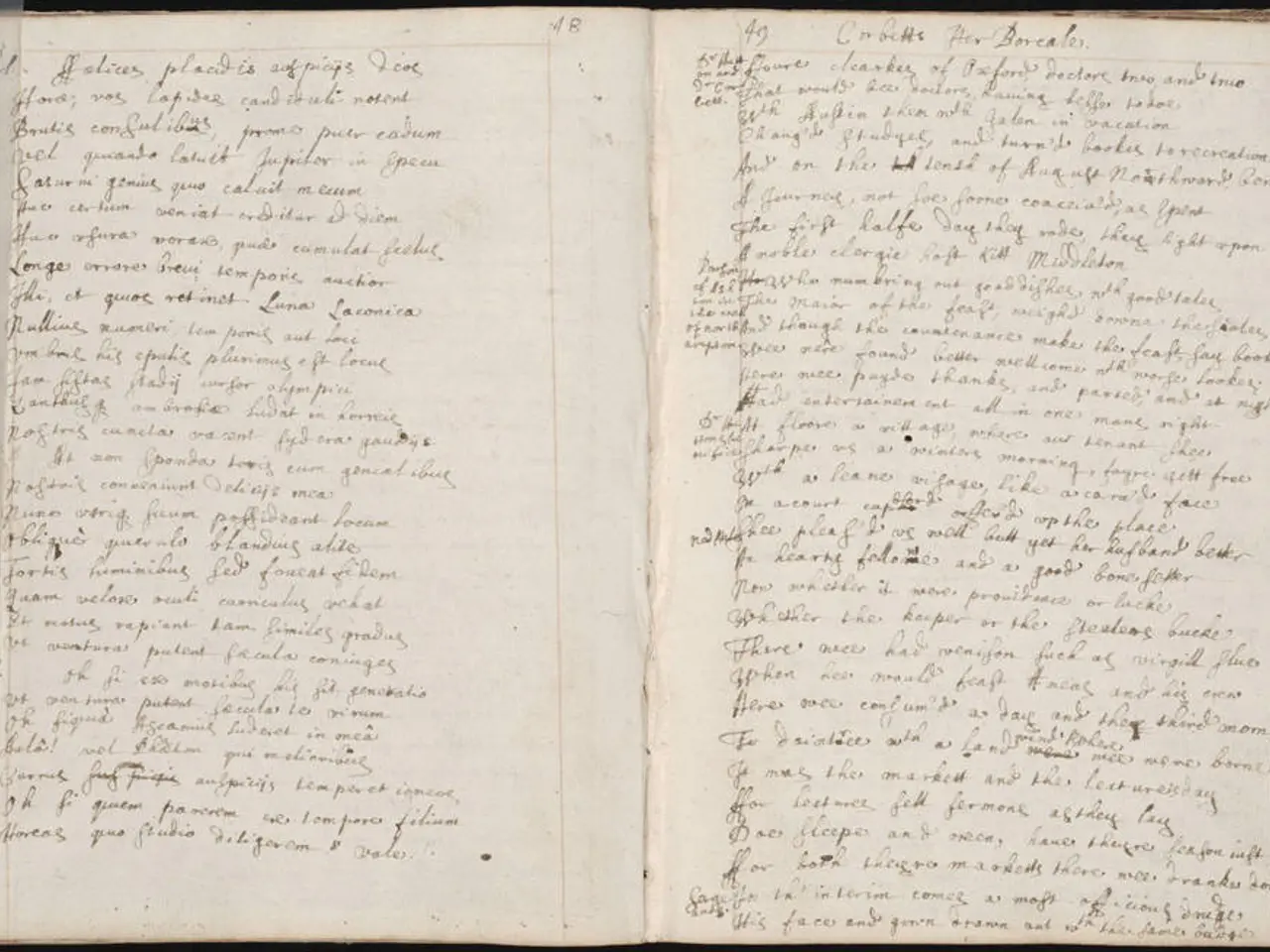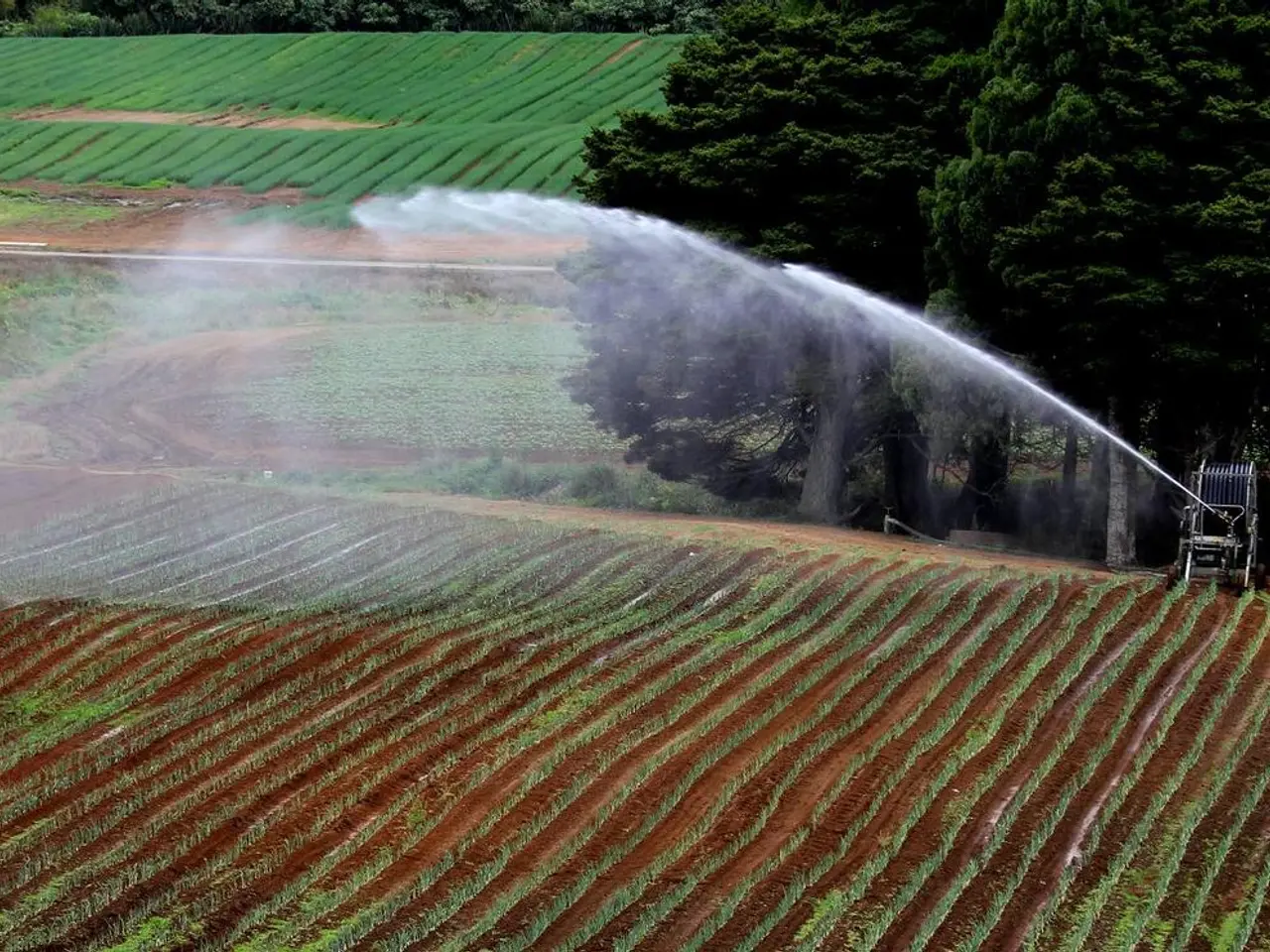EU verdict restricts designations of safe nations for asylum claims
The European Union (EU) has taken a significant step towards protecting the rights of asylum seekers with a recent ruling by the Court of Justice of the European Union (CJEU). The decision clarifies the criteria for designating safe countries of origin in accelerated asylum procedures, ensuring transparency, reviewability, and evidence-based assessments.
The CJEU ruling, issued in August 2025, states that designations of safe countries can be made by legislative acts but must allow for effective judicial review concerning compliance with EU criteria. The sources of information used to determine safety must be accessible to the asylum seeker and courts. Countries cannot be designated safe if they do not offer adequate protection to their entire population, thus raising the bar on "safe" status and preventing arbitrary or undisclosed determinations.
In April 2025, the EU Commission proposed a first EU-wide list of safe countries of origin, including Bangladesh, Colombia, Egypt, Kosovo, India, Morocco, and Tunisia. This list aims to accelerate asylum procedures for applicants originating from these countries through border or fast-track processes. However, the proposal is yet to be approved by the European Parliament and the Council of the European Union.
The ruling is a victory for the primacy of EU law over the claims of individual member states, according to the lawyer. However, it is sharply criticized in Italy, particularly by Prime Minister Giorgia Meloni. The Fratelli d'Italia (Brothers of Italy) party leader claims that the judiciary is claiming competencies that do not belong to it, while the responsibility lies with politics.
The decision has far-reaching implications for member states. For instance, Germany has established a list of safe countries, which includes EU member states, the Western Balkan countries, as well as Georgia, Ghana, Moldova, and Senegal. According to migration law expert Pauline Endres de Oliveira, the ECJ ruling is groundbreaking for Germany.
The "Albania model," a project by Italy's right-wing coalition government to expedite asylum applications from adult male migrants coming from so-called safe countries of origin and intercepted in the Mediterranean in fast-track procedures abroad, is currently on hold due to resistance in the Italian justice system. The continuation of the model after the decision is unclear, according to a legal expert, due to many legal questions surrounding the model.
Two refugees from Bangladesh later arrived in Italy and filed a lawsuit there, rejecting the position of the Italian government. The ruling by the CJEU supports their stance. Until the proposal is approved, the old EU law and the court's interpretation apply.
In summary, the EU now mandates transparent, reviewable, and evidence-based designation processes for safe countries of origin in accelerated asylum procedures, reflecting the CJEU's insistence on rights protection and judicial oversight. The ruling serves as a reminder of the importance of upholding the rights of asylum seekers in the EU.
- The recent ruling by the Court of Justice of the European Union (CJEU) in August 2025, regarding policy-and-legislation on safe countries of origin, has significant implications for the EU's politics and general-news, as it establishes clear criteria for designations and emphasizes transparency, reviewability, and evidence-based assessments.
- The CJEU's decision in August 2025, which outlines the legislative acts for designating safe countries of origin, has sparked debate in the EU's politics, with criticism from Italy's Prime Minister Giorgia Meloni, who believes that the judiciary is encroaching on political responsibilities.






